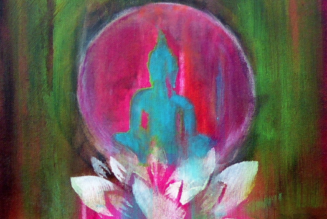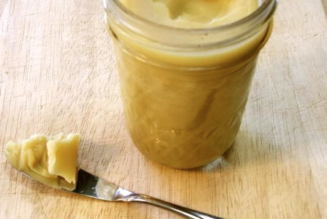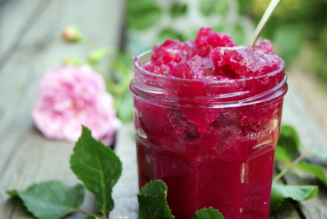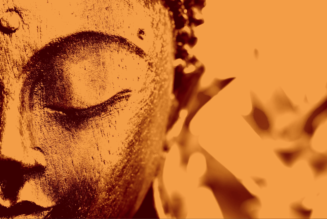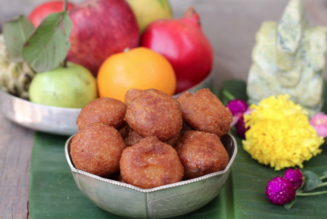Appetizing Ginger Pickle & Super Easy Ginger Tea
Ginger is a well-known and widely used herb. It is used extensively around the world and is an important ingredient in many foods, drinks and herbal remedies. It is a heating herb and can increase the digestive fire and heat in the body. Therefore it is an excellent remedy during cold and flu seasons. Ginger is generally considered a ‘safe’ herb and is used in many desserts and treats as well as hot drinks such as ginger tea. It is a rejuvenative and is especially helpful in removing toxins from the body. However care must be taken if used in excess.
Ginger …
Ginger is a holistic digestive aid; helps to maintain good digestion and balanced gas production.
Top Health Benefits Of Ginger Root – Dr. Axe
“One of the #1 benefits of consuming ginger is that it reduces inflammation. A recent medical study from Denmark in the Journal of Arthritis found that consuming a small amount of ginger is more effective at reducing pain and inflammation symptoms that pain medications given by general practitioners today.” – Dr. Josh Axe
PROPERTIES OF GINGER:
Ginger has sweet and pungent tastes and is heating. The post digestive effect of ginger is sweet and when used fresh, it has heavy and oily qualities. Dry ginger has light and sharp qualities instead. The main systems in the body that ginger works on are the digestive, circulatory and respiratory systems.
Some Actions
· Helps eliminate toxins
· Kindles digestive fire
· Alleviates coughs and pain
· Rejuvenative
· Carminative
· Anti- inflammatory
· Reduces nausea
* It is important to note that using ginger can aggravate certain conditions, so care must be taken when there is high heat in the body, heartburn, high blood pressure and ulcers.
Usage:
There are some compounds that involve ginger to address certain conditions. For example:
· Ginger with black pepper and pippali to create trikatu
· Ginger with arjuna and guggulu for congestive heart conditions and poor circulation
· Ginger with turmeric and rose for menstrual pain
· Ginger with honey and lemongrass for colds
Some Recipes
Ginger is a delicious herb that can add a spicy and sweet flavor to many foods and drinks. Ginger tea, in particular, is a wonderful tea to help eliminate toxins. Taken before a meal or first thing in the morning it is also beneficial in kindling the digestive fire.
“CCF Tea”
Cumin, coriander, and fennel are famous digestive spices, and when brewed together as a tea they make the perfect addition to an Ayurvedic lifestyle. CCF Tea directly stimulates the digestive system, supporting the body’s natural ability to breakdown ama, or natural toxins, in the GI tract.
~ Ginger Pickle Recipe ~
Ingredients:
· 1 inch fresh ginger peeled and sliced
· 1 tsp of freshly squeezed lemon juice
· ¼ teaspoon of rock salt
· Pinch of Turmeric
· Pinch of black pepper
· ½ teaspoon of honey
1. Put all the ingredients in a small glass jar and shake well.
2. Let the pickle sit for an hour
3. This pickle can be eaten before a meal to help with digestion or with a meal. Enjoy!
~ Super Easy Ginger Tea ~
Ingredients:
· 1 cup of water
· 1 inch fresh ginger sliced
1. Boil water in a pan and add ginger.
2. Turn off the heat and cover with lid. Let steep for 10 mins.
3. Pour into cup and enjoy!
~ If desired, dry ginger can be used instead of fresh.
~ Honey can be added according to taste & a pinch of cayenne pepper for an even more heating effect.
~ Dry ginger has more heating properties than fresh and has a more potent effect than fresh ginger.
Important note:
As ginger increases the digestion of nutrients it may also increase the absorption of some medications. Therefore it is always recommended to consult with your physician before undertaking any herbal formulation.
References
· Lad, V. (1999). The complete book of Ayurvedic home remedies
· Sharma, H. (2011). Ayurvedic Healing. Singing Dragon
· Lad, V. (2002). Textbook of Ayurveda.
· Lad, V., & Frawley, D. (1986). The yoga of herbs
· Pole, S. (2013). Ayurvedic medicine the principles of traditional practice
· Green, J. (2000). The herbal medicine-makers’ handbook a home manual
· Lad, V. (2012). Ayurvedic perspectives on selected pathologies
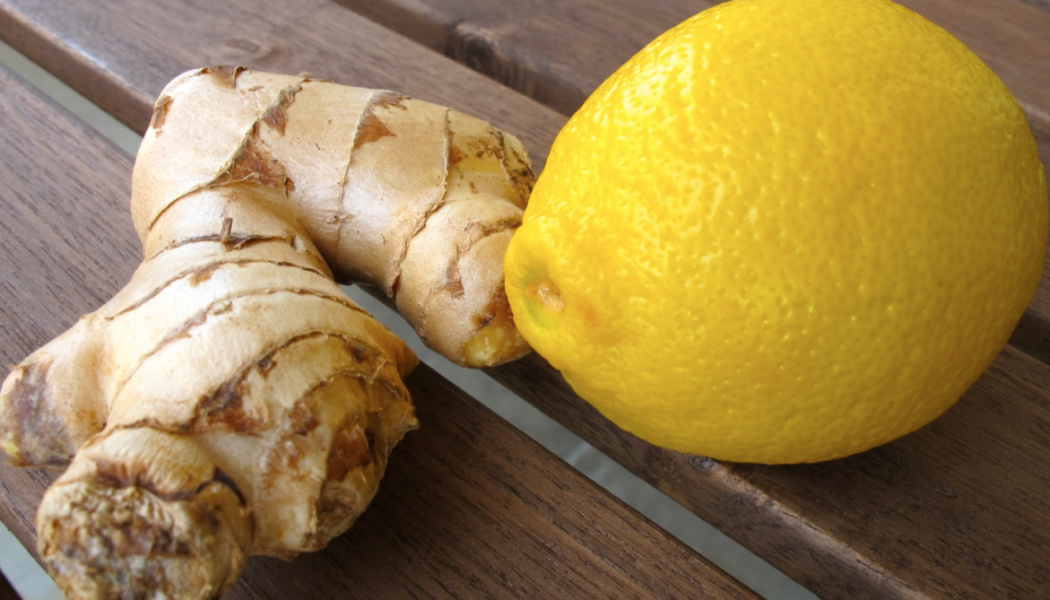
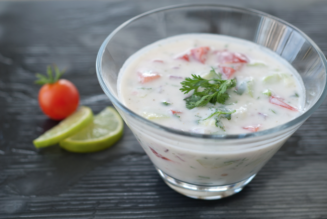
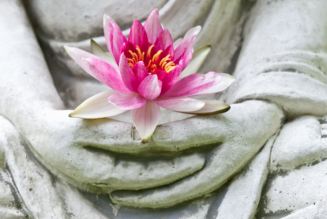
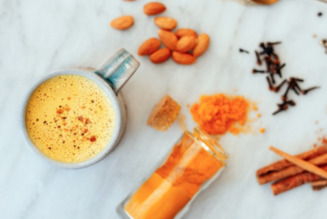
![Female Health: Amenorrhea [cessation of menses] – An Ayurvedic Perspective](https://healthyayurveda.com/wp-content/uploads/2015/07/1.-Amenorhea--327x219.png)
